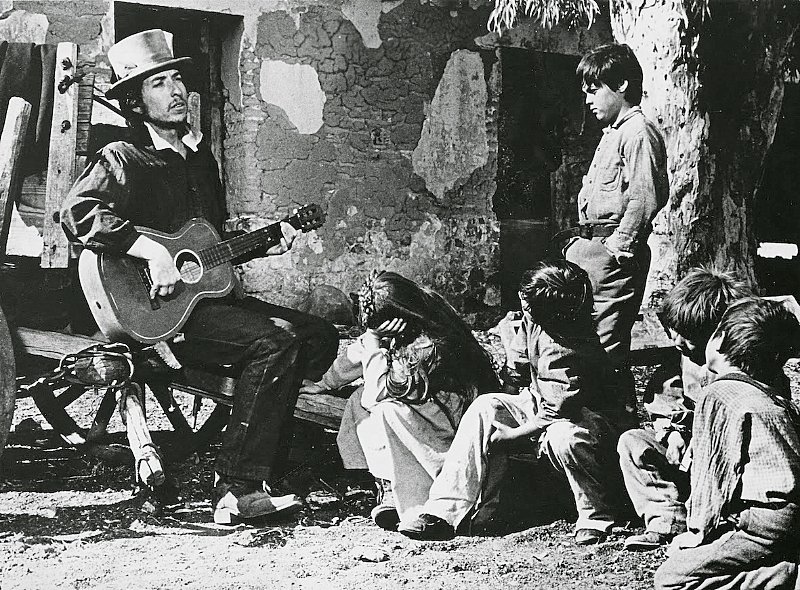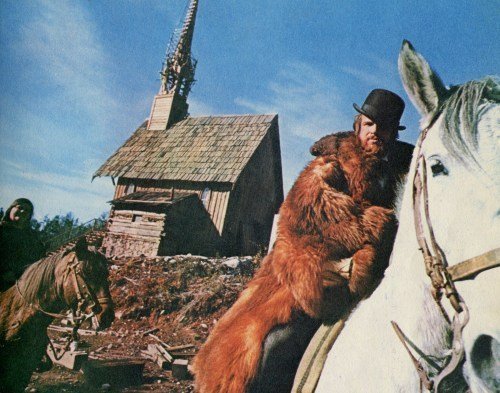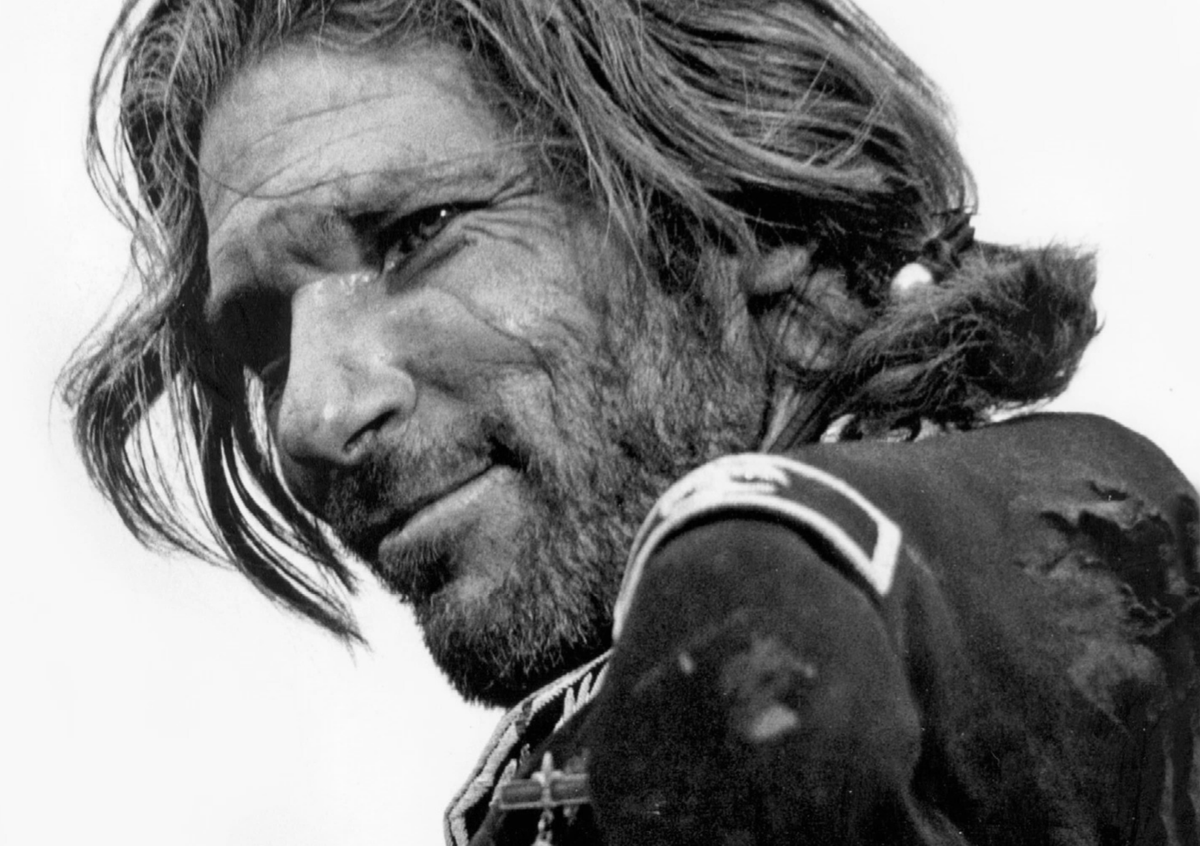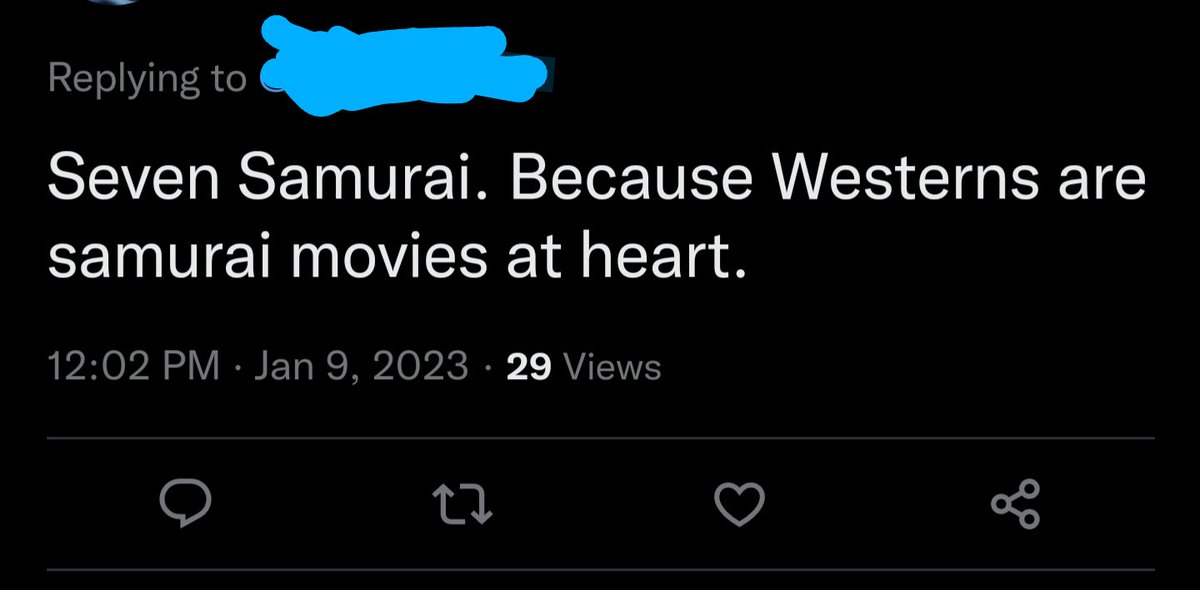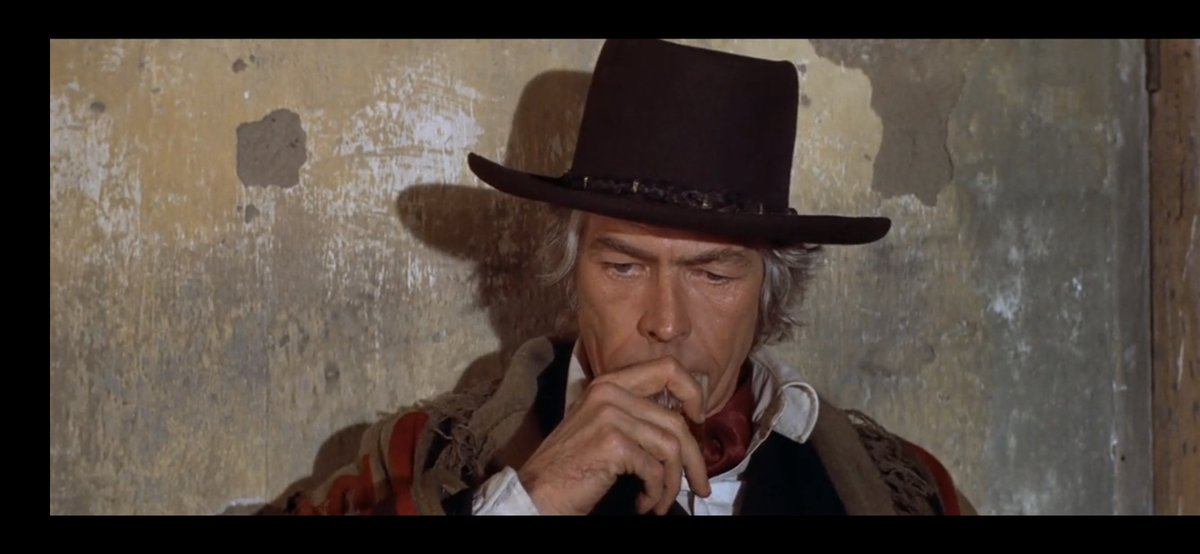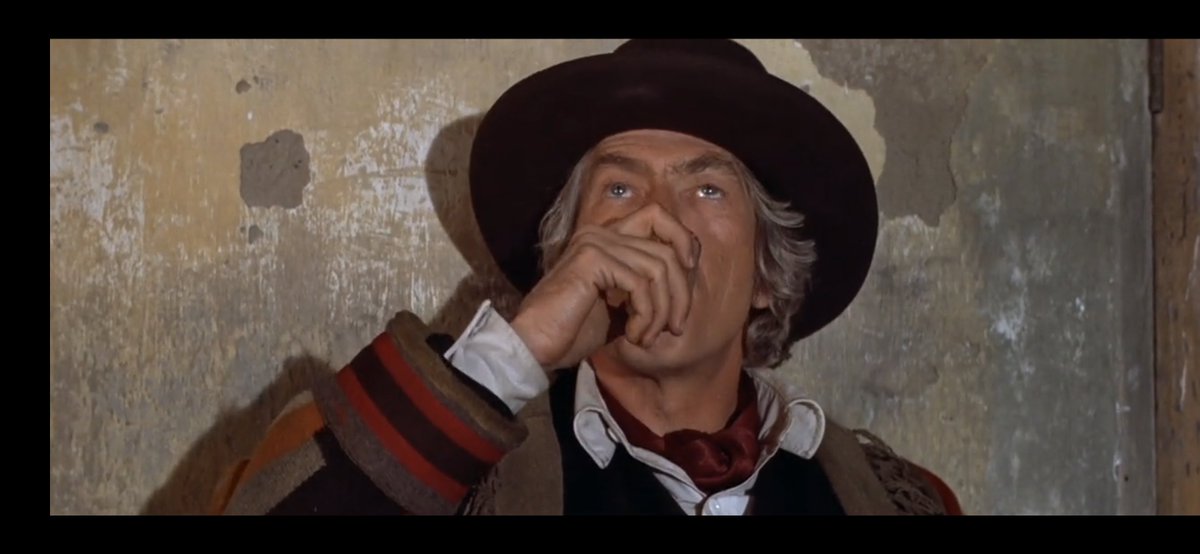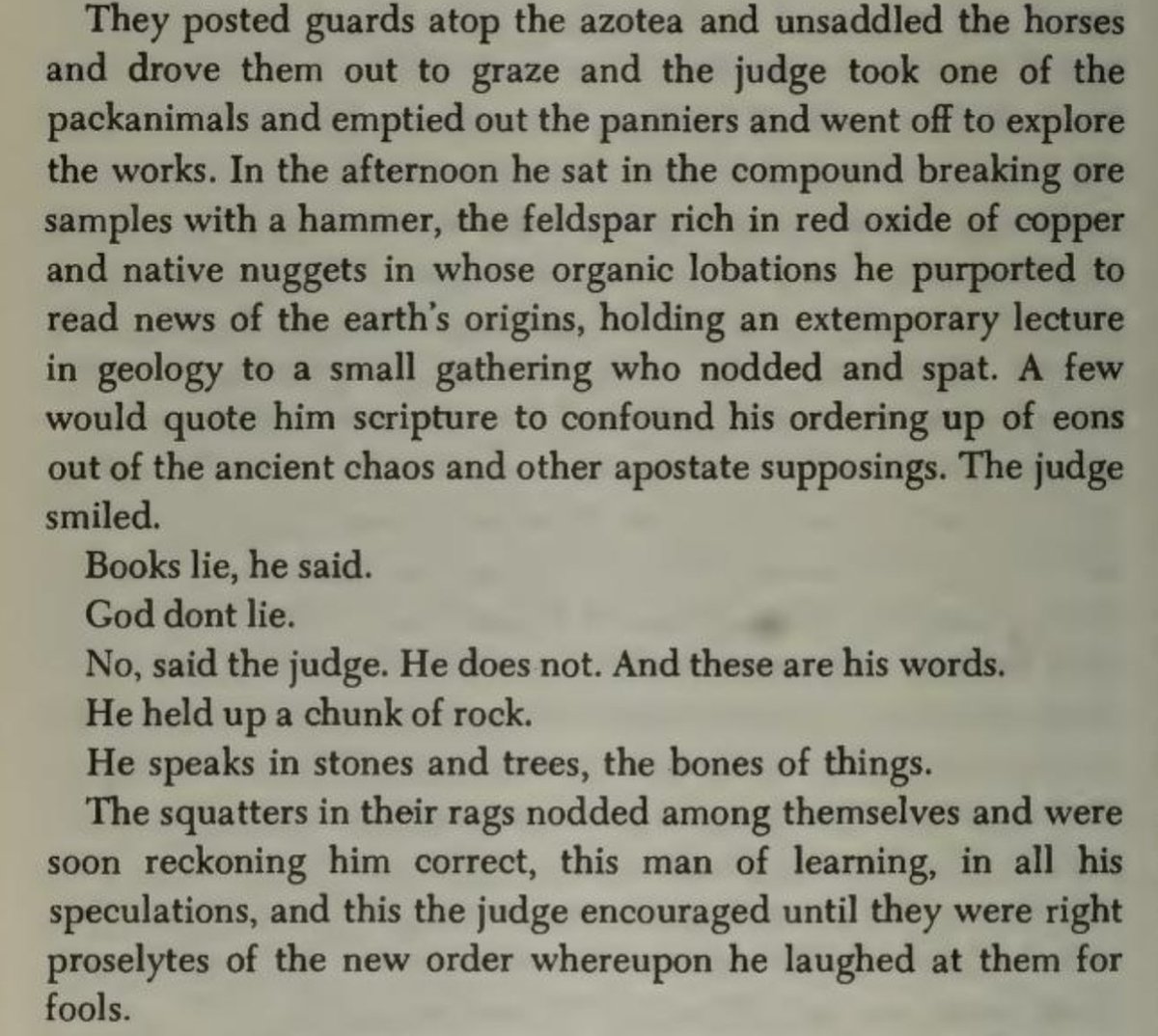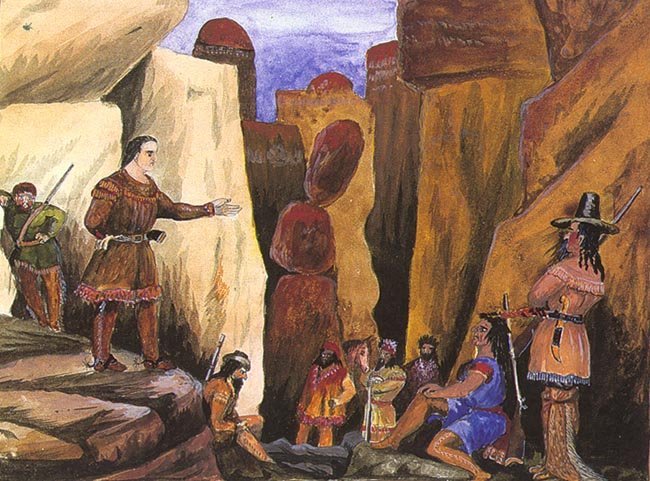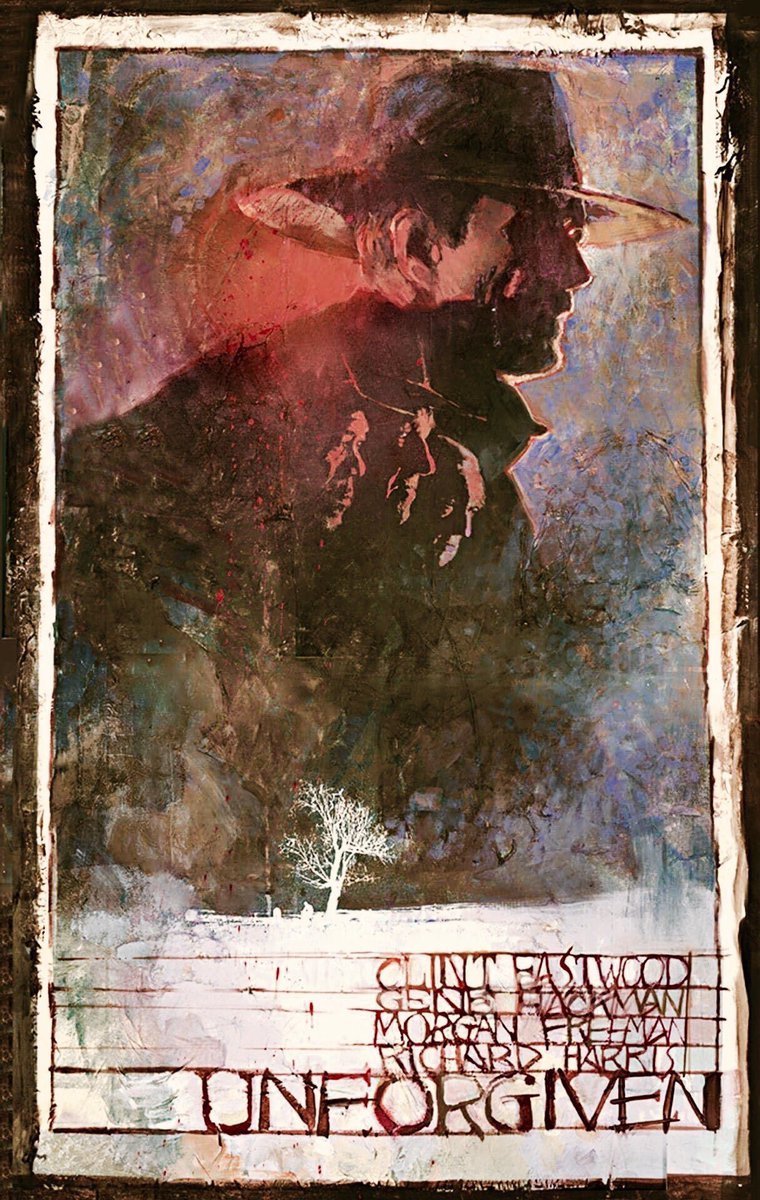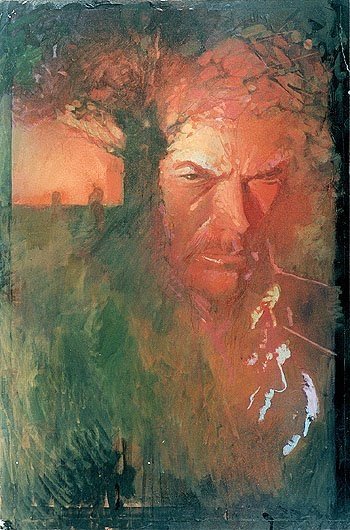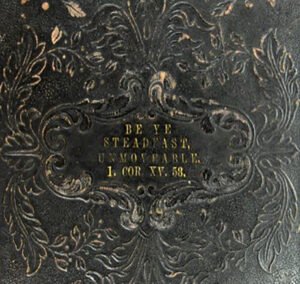We all know that Westerns aren't accurate representations of Old West history. Having said that, some Westerns go so far as to take historical events & have the characters do the exact opposite of what they did in reality. Some examples*
*Read alt text before commenting



*Read alt text before commenting

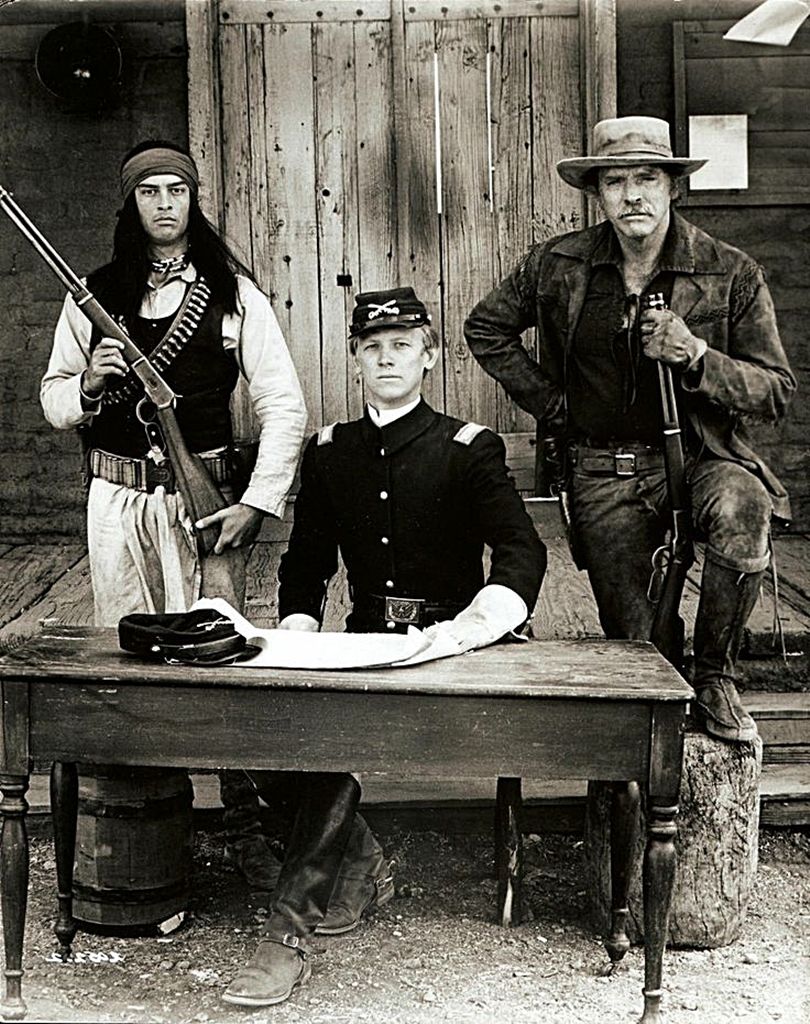
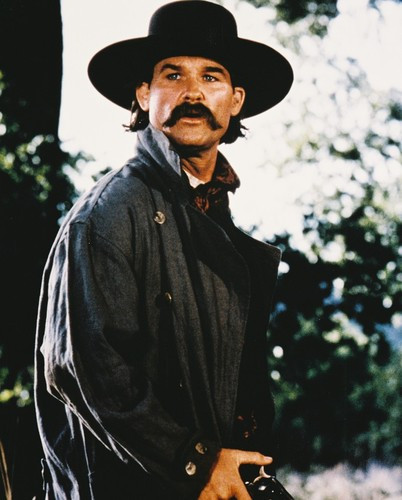
I should probably explain a bit more. I'm not talking about shit like a film having Billy the Kid killing a guy someone else killed or whatever. I'm talking about filmmakers taking a problematic aspect of a historical figure & purposely having them do the opposite. Here goes:



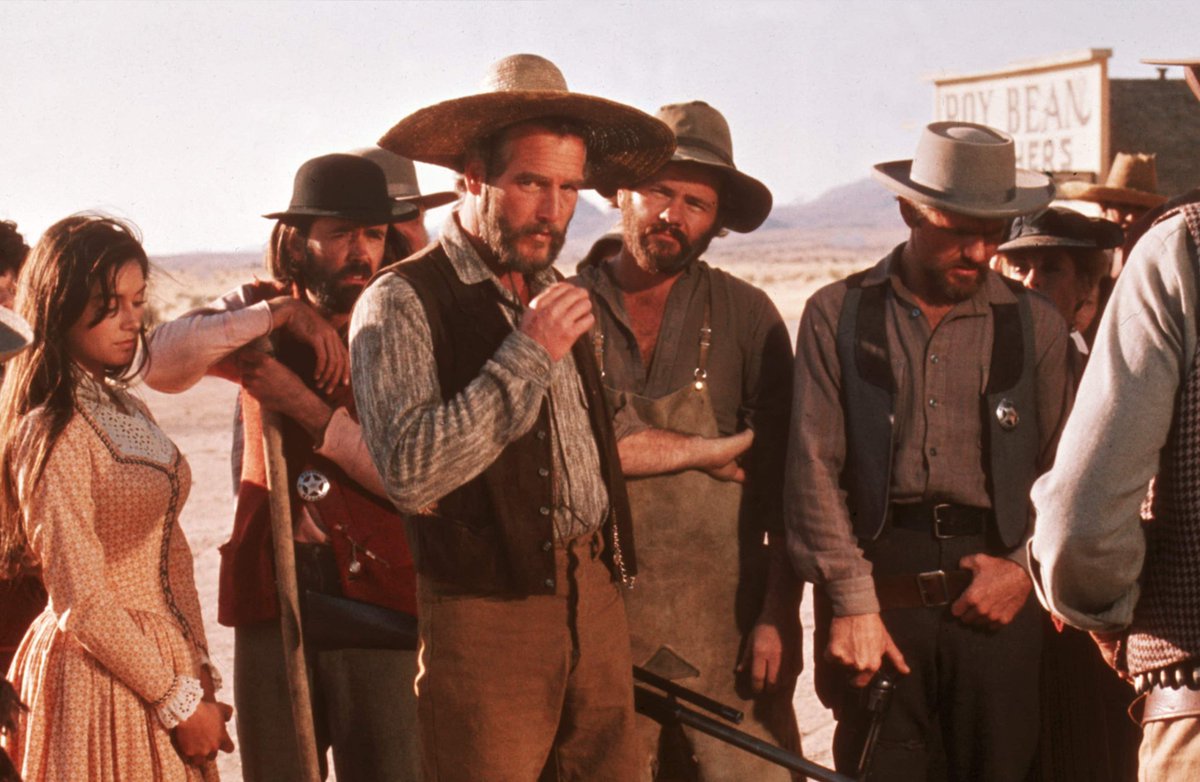

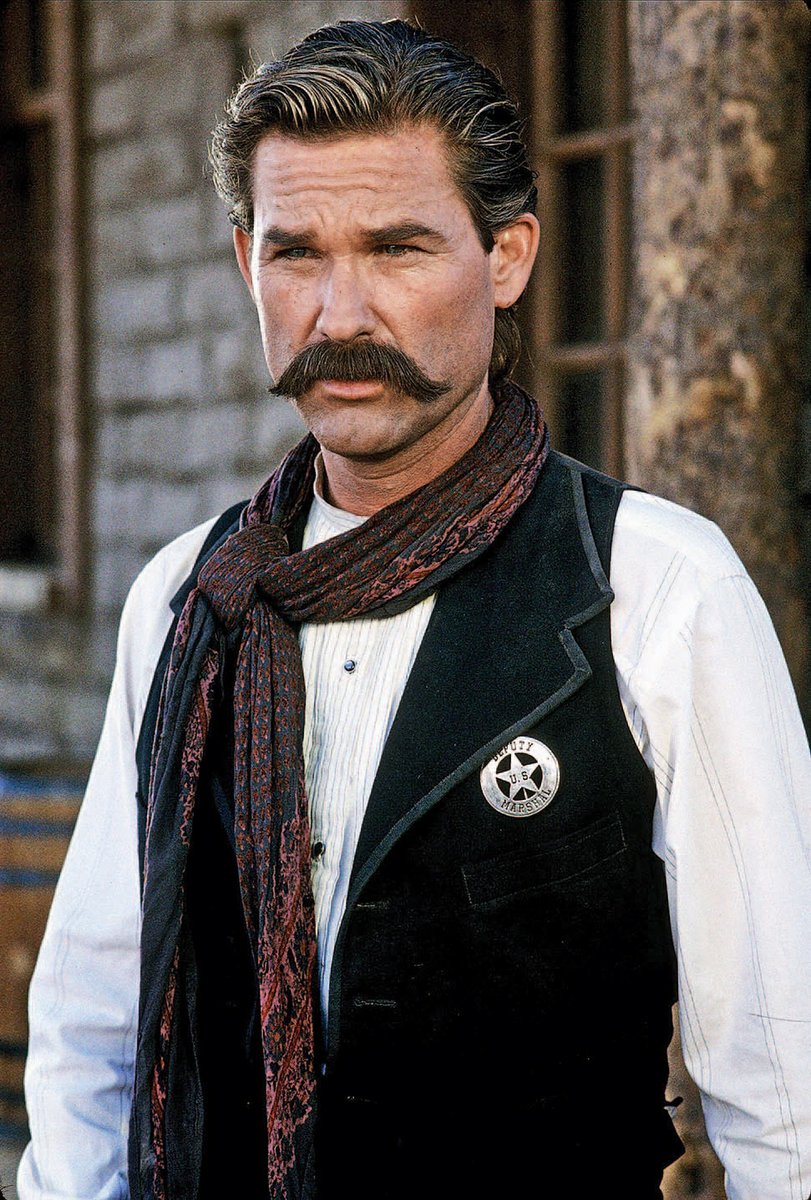
In The Life & Times of Judge Roy Bean, Tab Hunter is hanged for the murder of a Chinese man, but first argues that there's no law against that. In reality, it was Bean who declared that while there was a law against killing a man, there was "no law against killing a Chinaman"...




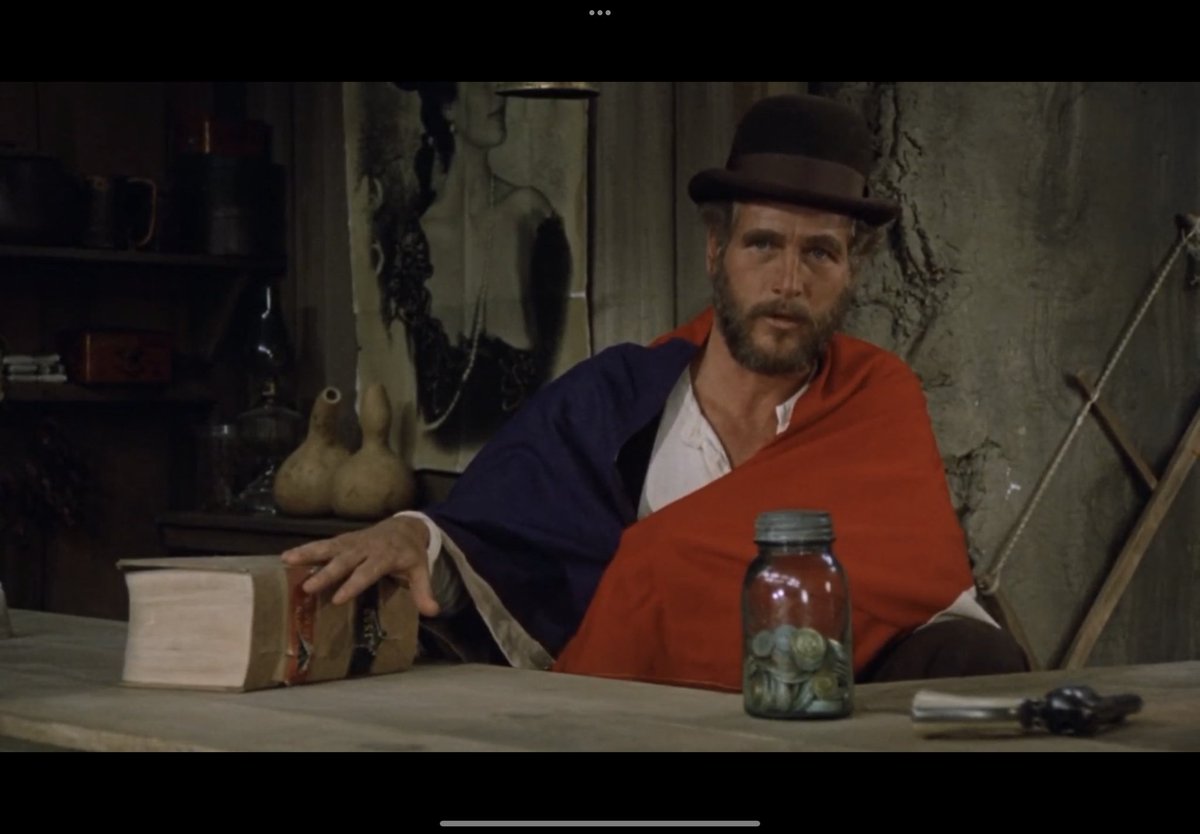

The actual murderer was an Irishman named...uh... Paddy O'Rourke & supposedly a mob of about 200 Irishmen gathered to hear Bean's verdict, which might've swayed him a bit.
Can't say that the movie didn't warn us. Besides, it resulted in one of my favorite images from a Western




Can't say that the movie didn't warn us. Besides, it resulted in one of my favorite images from a Western
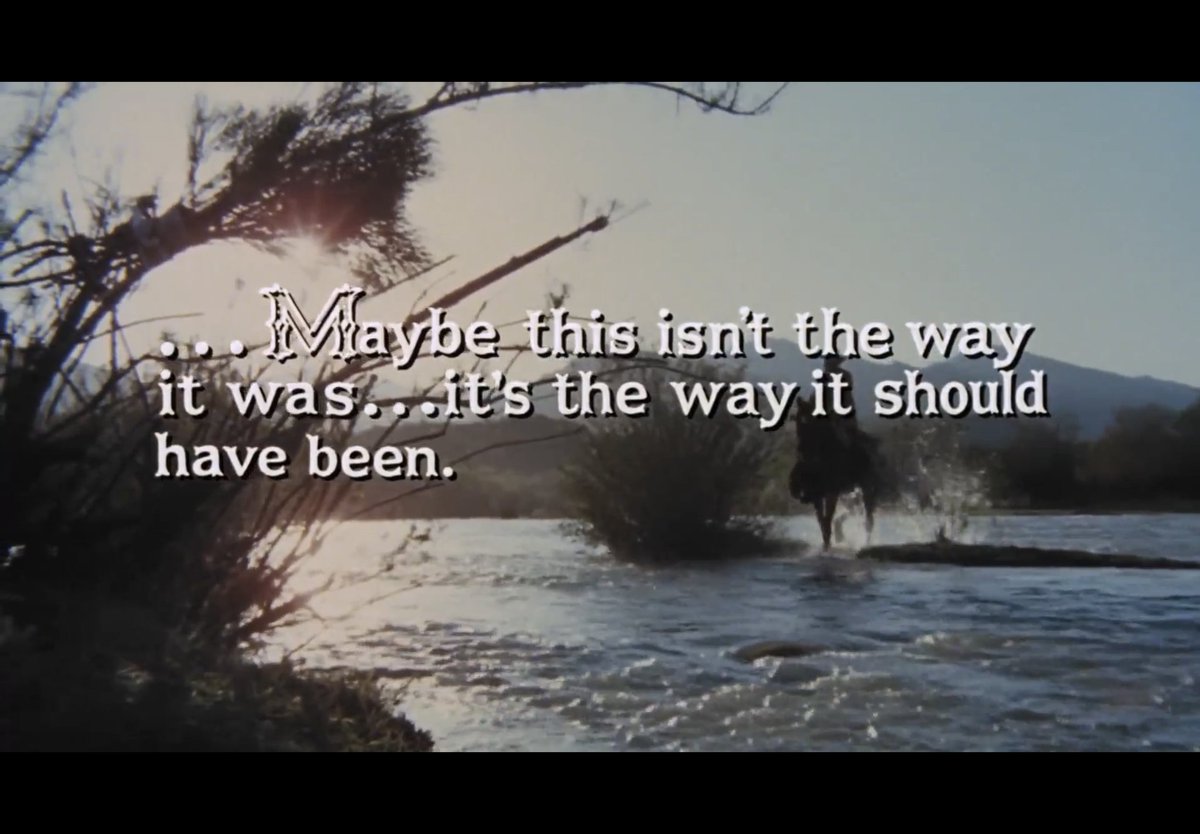
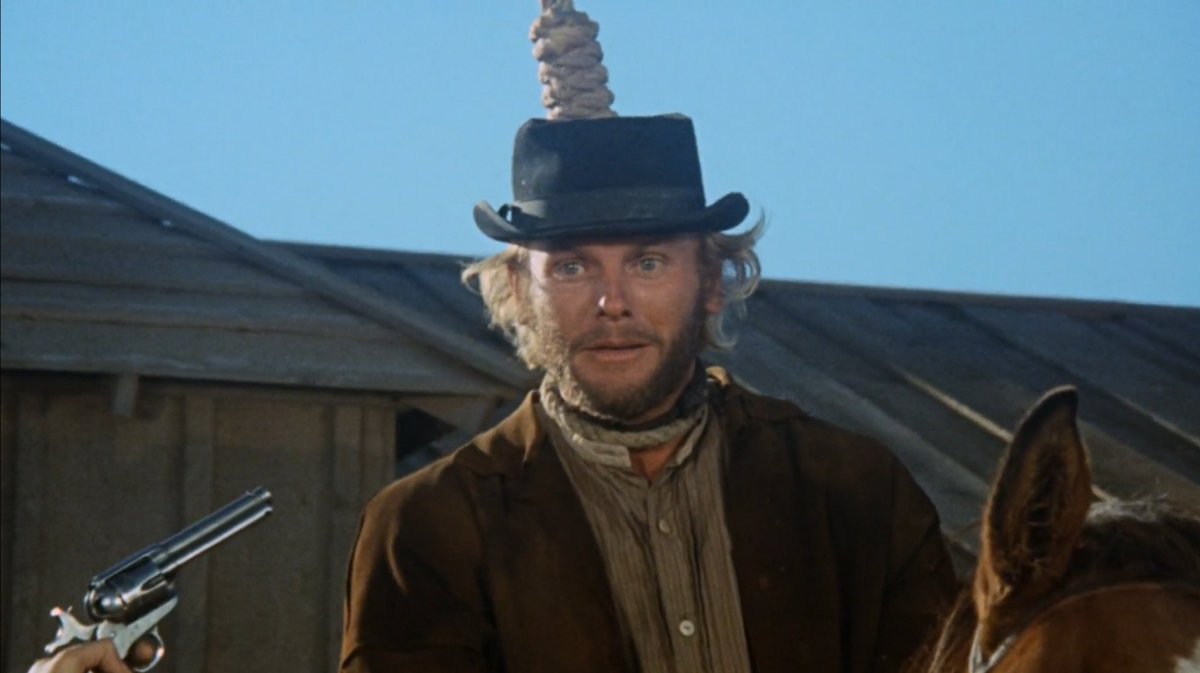
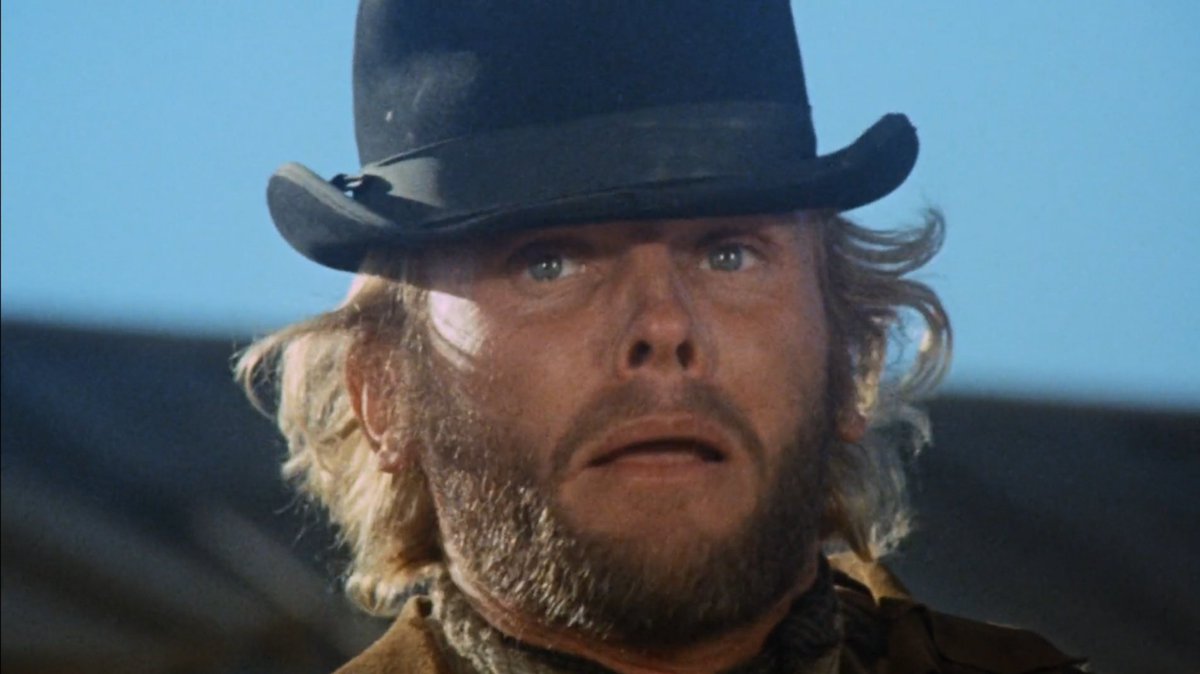

In Ulzana's Raid, Army scout McIntosh chides a rez agent for shorting the tribe of their allotted rations. The real Archie McIntosh (who once helped secure Geronimo's surrender) admitted to diverting Apache rations for resale on his own ranch & was fired from service in 1884


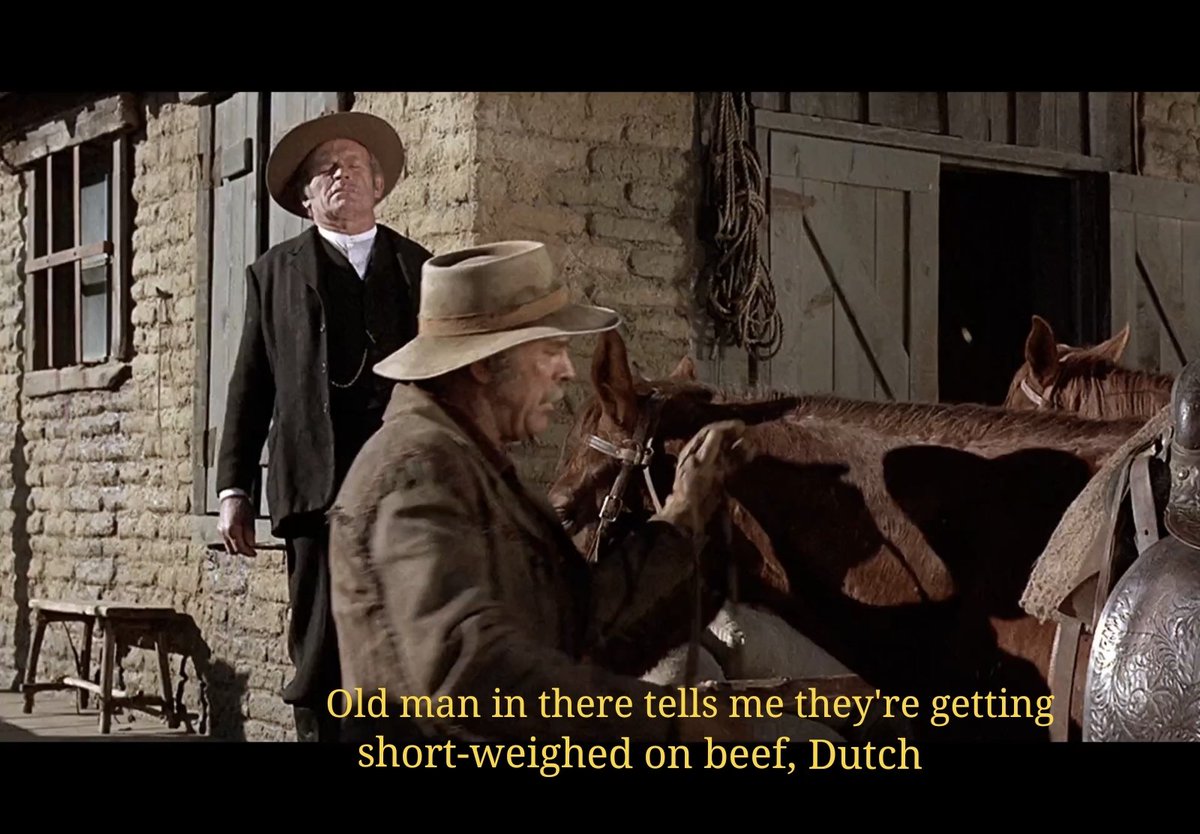
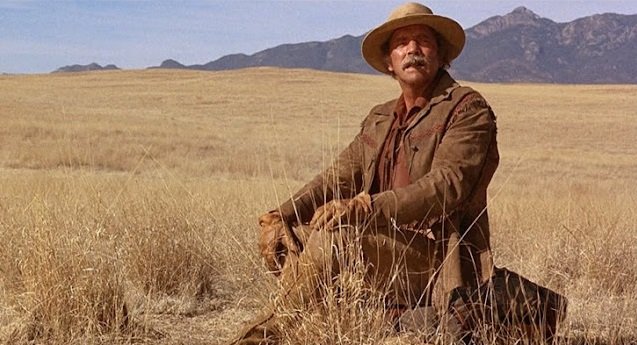
Saturday night beckons, so I'll be back with more examples later.
In Tombstone (1993) Wyatt Earp laments the fact that Curly Bill Brocius isn't going to be charged with the murder of Marshal Fred White. In reality, Earp testified that the shooting of Fred White was accidental. Earp was partially responsible for Curly Bill's exoneration



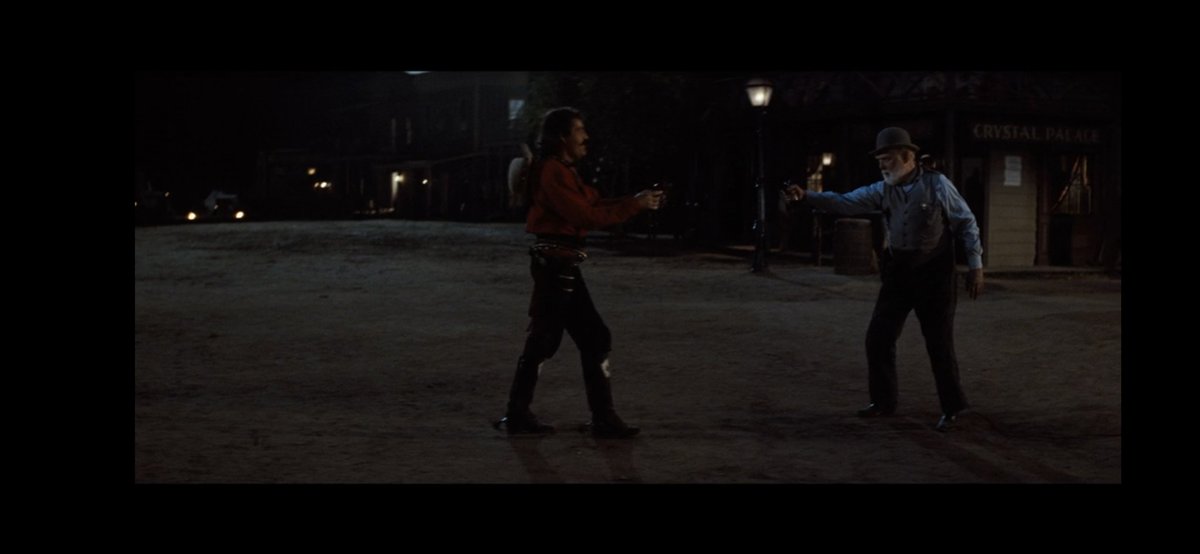
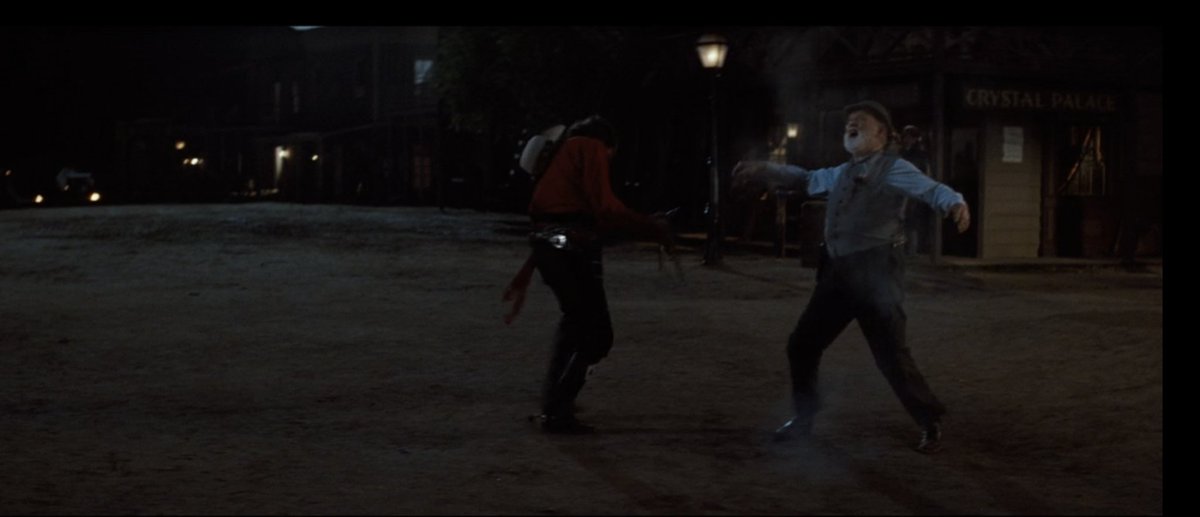
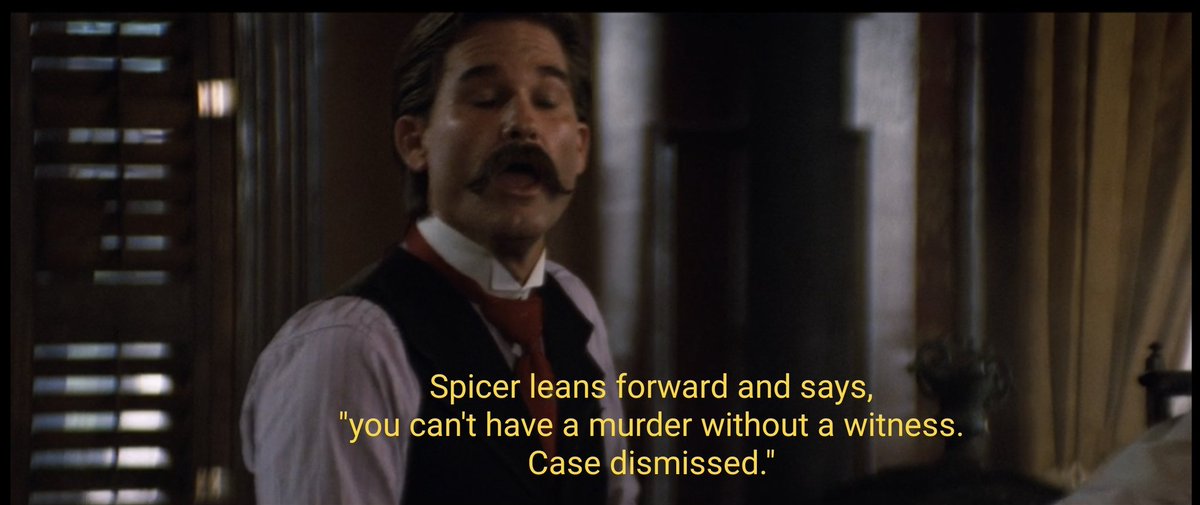
@JayHovdey
https://twitter.com/DavidLambertArt/status/1672915213996408833?t=WKhdk6o04gIQatjRL9CtUA&s=19
Kevin Jarre, the writer & original director of Tombstone, consulted historian Jeff Morey while developing the script. Here's Morey talking about Jarre's justification for the change (from John Farkis' The Making of Tombstone):




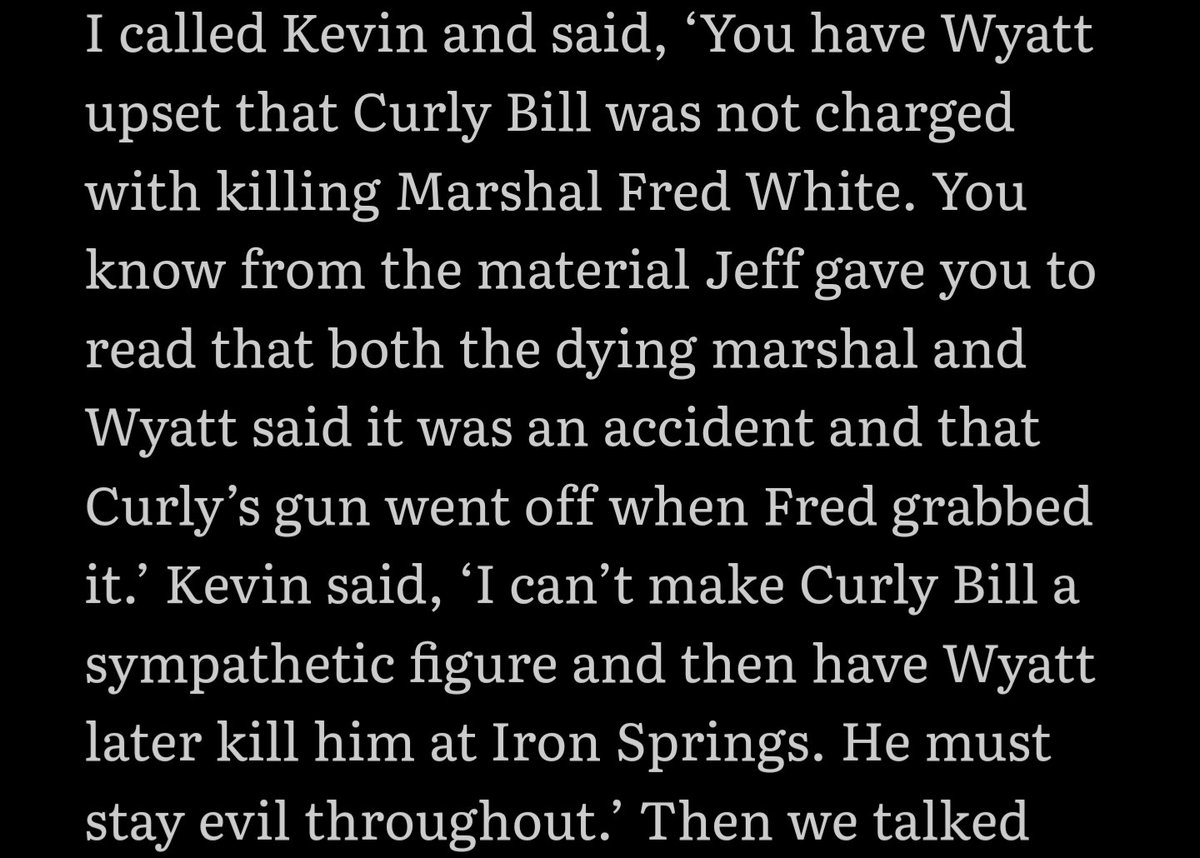
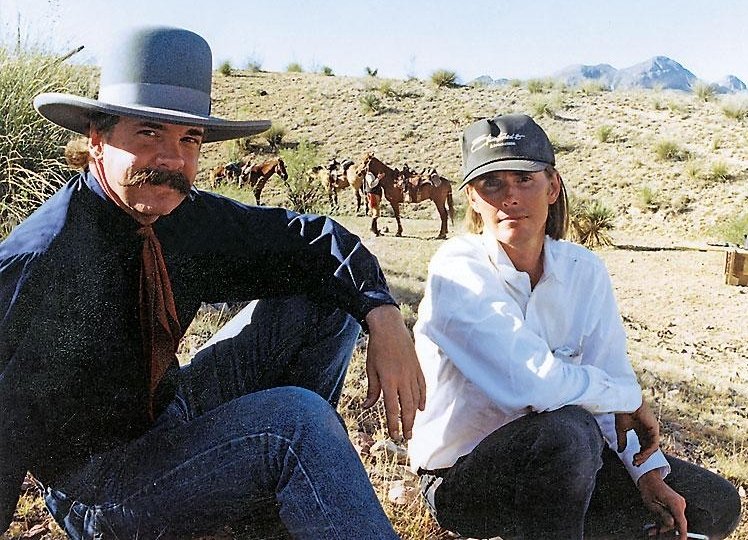
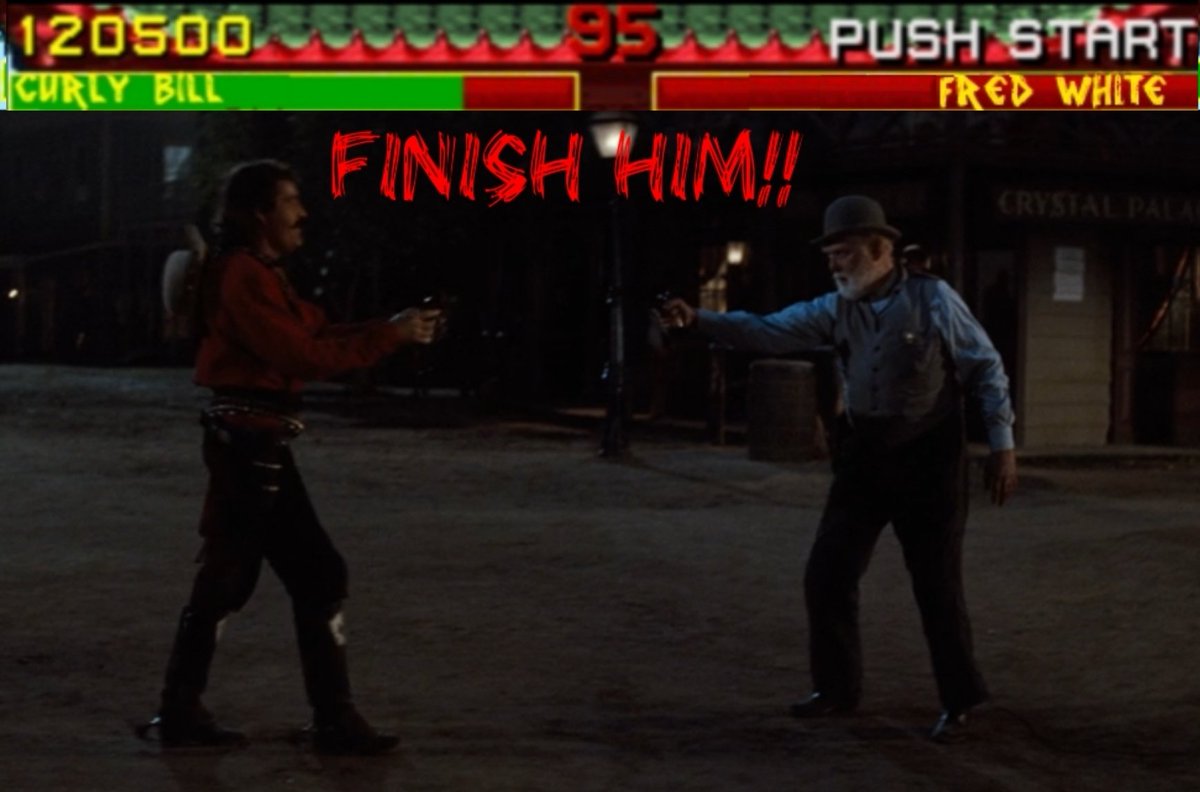
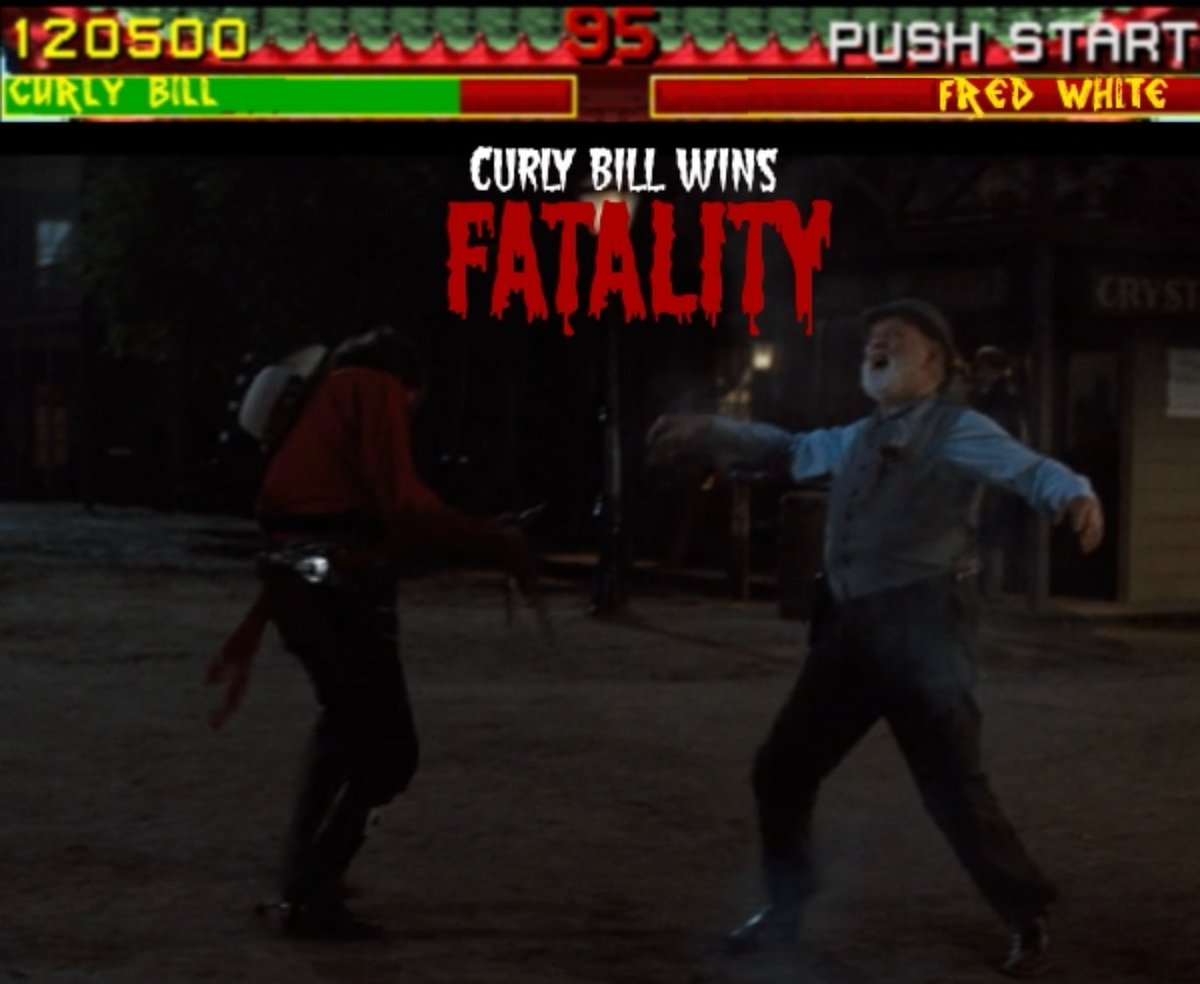
In The True Story of Jesse James (1957), Nicholas Ray's movie about a rebel with a cause*, Jesse's mama claims that the James family doesn't own slaves. The actual true story is... of course they fucking did.
*the cause was slavery




*the cause was slavery
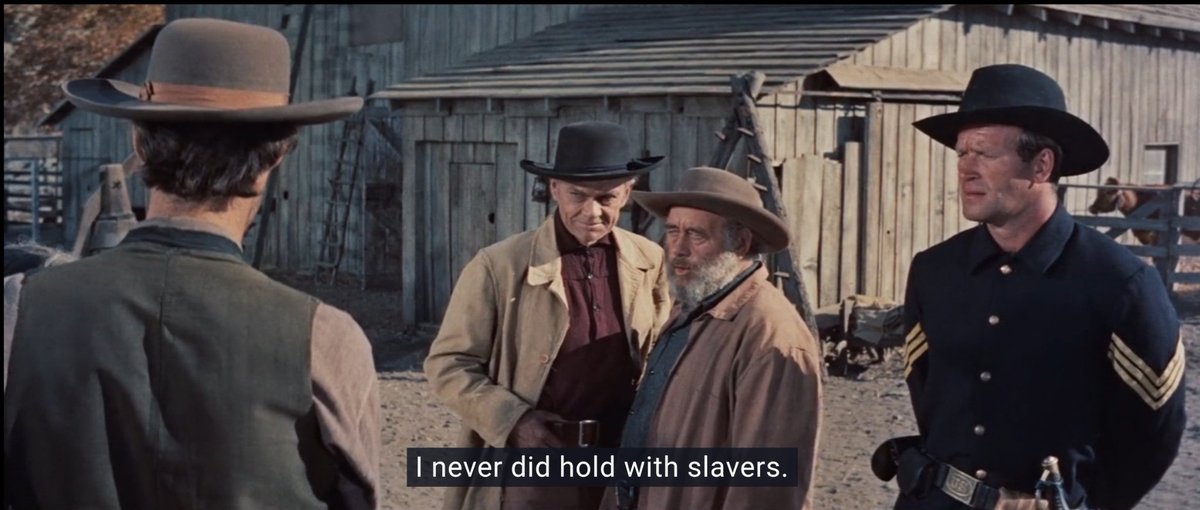
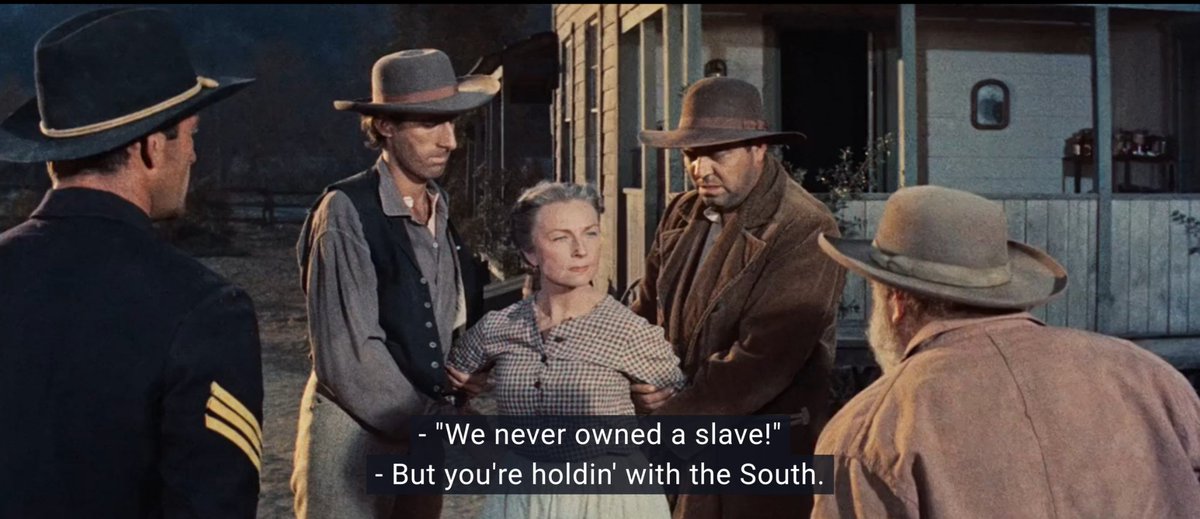

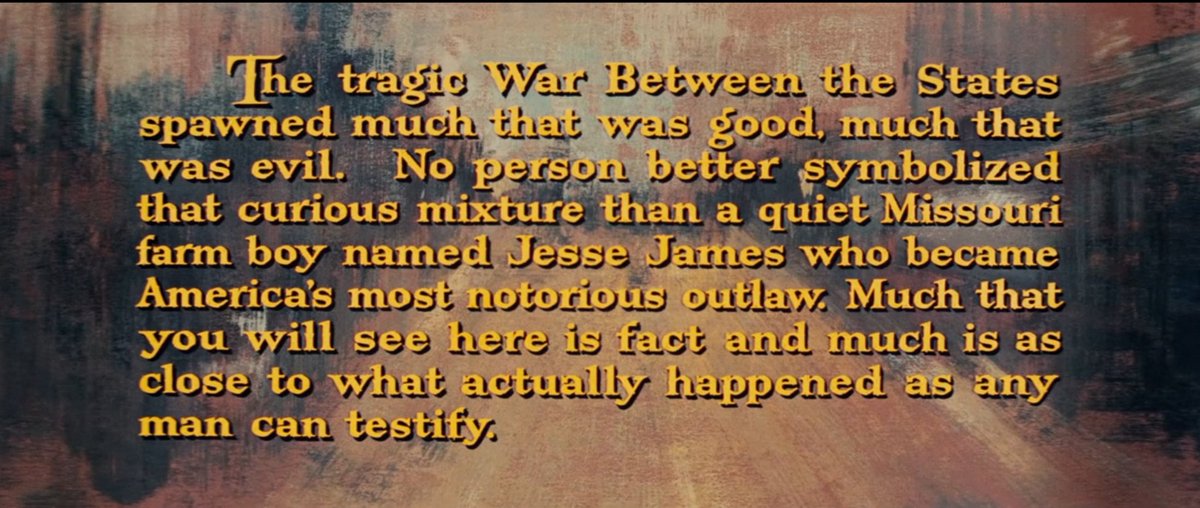
In Frank Perry's anti-Earp screed Doc (1971), Tombstone Epitaph editor John Clum is shown as leery of Wyatt Earp. In reality, the Epitaph was Tombstone's pro-Earp paper & Clum & Wyatt remained friends until Wyatt's death. Also, Clum was not some Tarantino-looking motherfucker




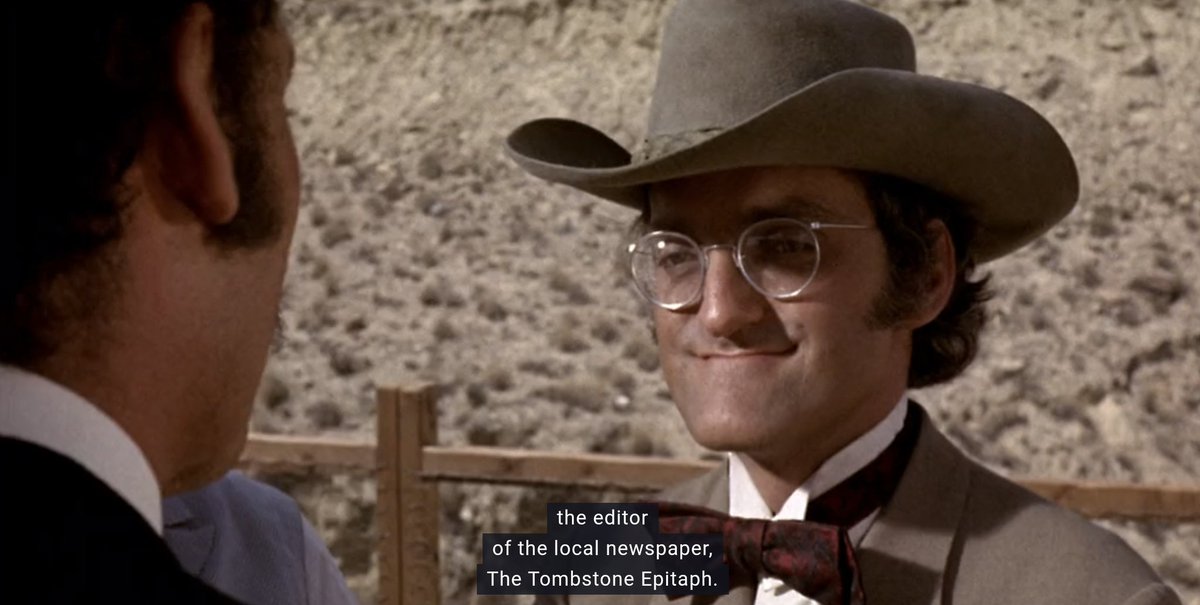
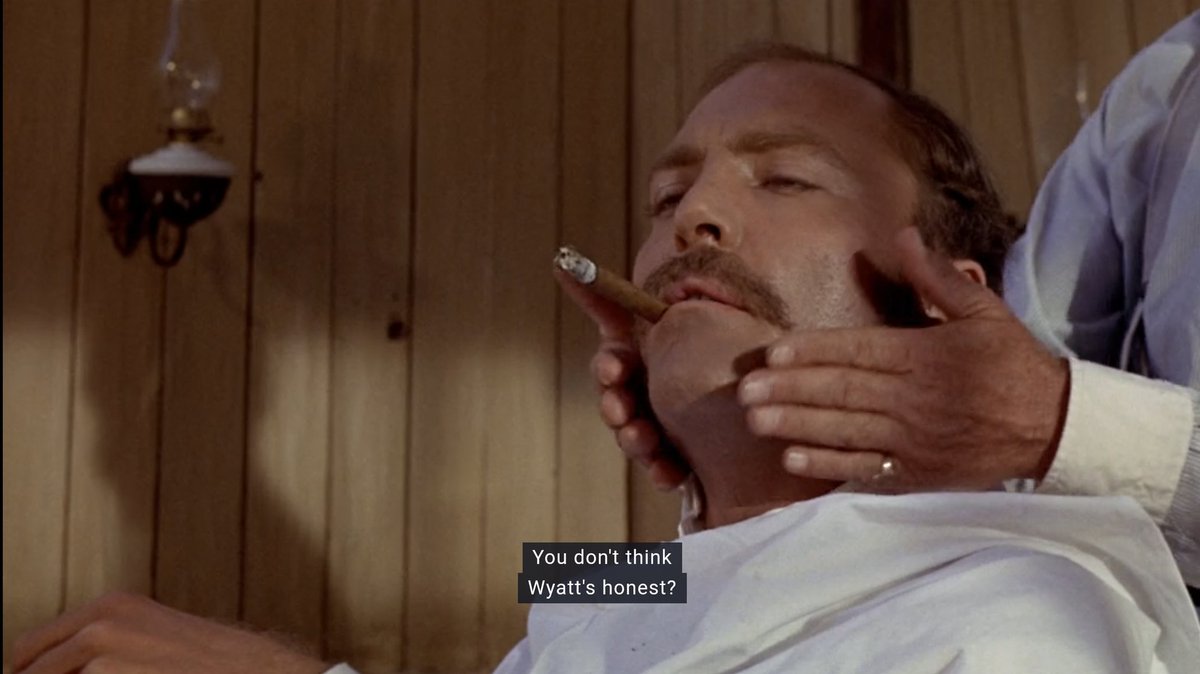
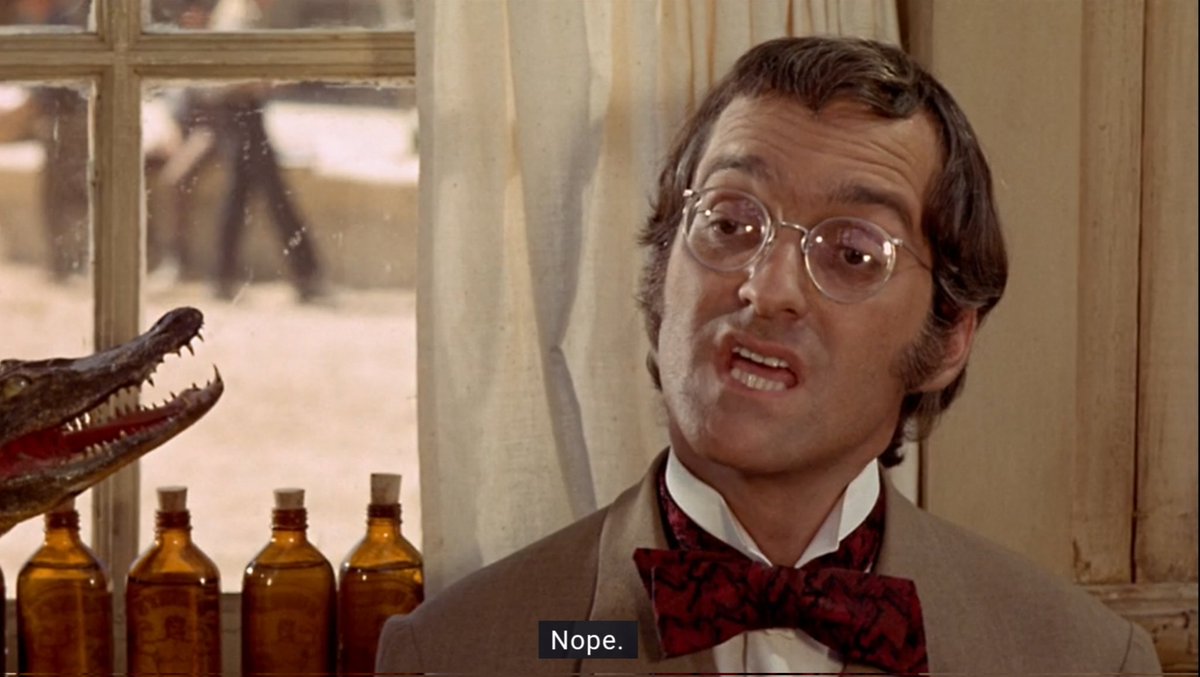
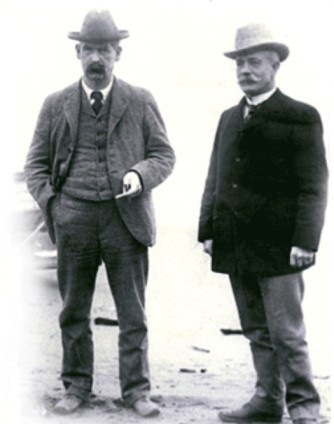
• • •
Missing some Tweet in this thread? You can try to
force a refresh

 Read on Twitter
Read on Twitter

